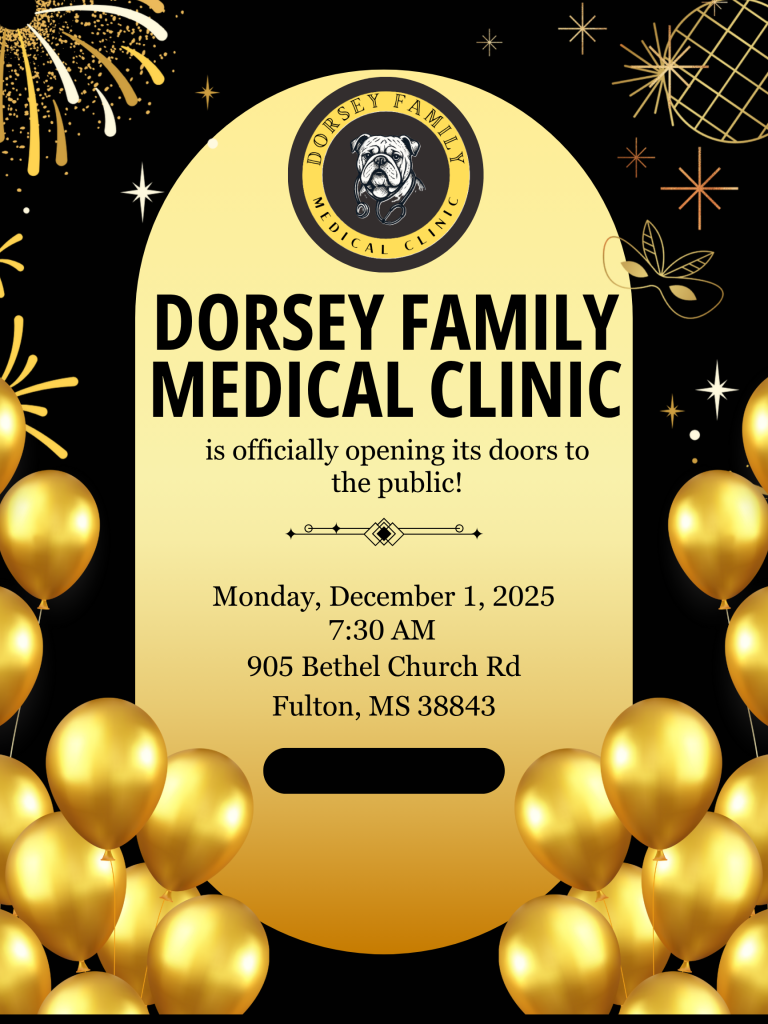
What does Miley Cyrus have in common with a late former president, a former vice president and a member of the 1992 Olympic “Dream Team”? Not much as it turns out. But the former Disney star does have an irregular heart rhythm, a condition she shares with the late President George H.W. Bush, former Vice President Joe Biden and Larry Bird, a former NBA standout and member of the lauded 1992 U.S. Olympic Basketball team, better known as the Dream Team.
Although Cyrus was unclear on the cause of her irregular heartbeat when she discussed the condition in her 2009 memoir Miles To Go, most speculate it’s due to atrial fibrillation, or AFib, the same condition that causes heart rhythm problems for Bush, Biden, and Bird.
What is AFib and Who’s at Risk?
AFib is one of the most common heart conditions in the world most often characterized by an irregular heart rhythm and it affects an estimated 2.7 – 6.1 million people in the United States each year. The estimated range of people affected is wide. Many people living with AFib are unaware they have the condition because they experience little to no signs or symptoms.
AFib is often mistaken as a mild condition due to its commonality and seemingly manageable symptoms. However, untreated AFib can lead to heart failure, stroke, blood clots, and other heat-related illnesses.
The CDC reports about 9% of people over age 65 to have AFib while just 2% of people under 65 have the condition. Although anyone is at risk for AFib, Caucasian women over 65 are more likely to have AFib than any other group.
Signs and Symptoms
The most common sign of atrial fibrillation is an irregular heartbeat. However, it is often accompanied by other symptoms such as:
- General fatigue
- Chest pressure or pain
- Fluttering in the chest
- Dizziness, anxiety, and shortness of breath
- Faintness or confusion
- Sweating
How to Treat It and Reduce Your Risk
Atrial fibrillation is a medical condition in itself, but it’s also often a sign of an underlying problem or illness. AFib could be the result of something as simple as consuming too much caffeine or as serious as a condition like high blood pressure or another more serious heart problem. Successful treatment of AFib begins with a proper diagnosis. To get this diagnosis, patients may undergo in-depth exams and a series of tests such as an echocardiogram.
In many cases, AFib can be treated with certain lifestyle changes such as saying no to a second cup of coffee in the mornings if your AFib is related to too much caffeine consumption. In other cases, treating the underlying condition stops AFib symptoms.
The best way to reduce your risk of AFib is to visit your medical provider regularly for checkups and to contact them at the first symptoms of AFib. All cases of AFib have the potential to become serious which is why an early diagnosis is essential.
Are you concerned about your risk of developing AFib? Mantachie Rural Health Care can help ease your concerns and begin the diagnosis process. Contact us today to request an appointment.



Speak Your Mind